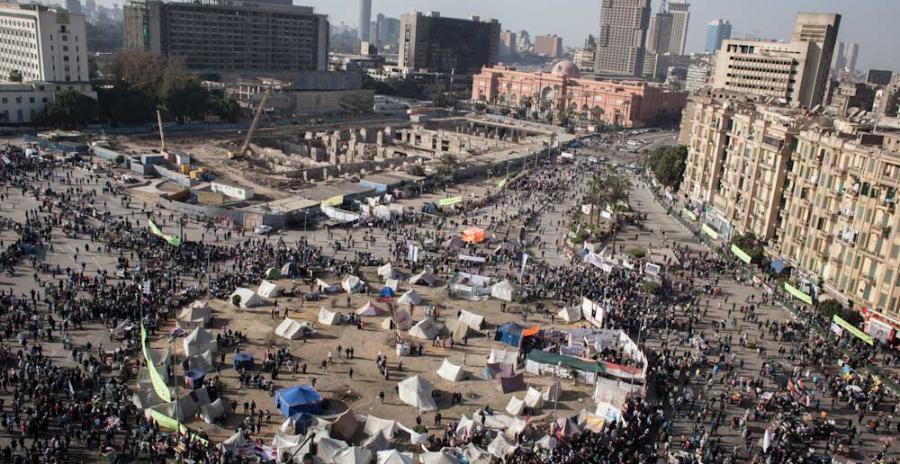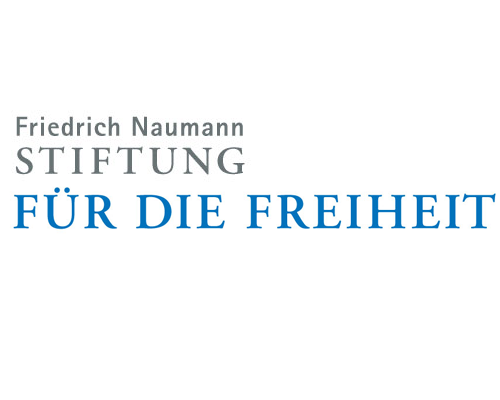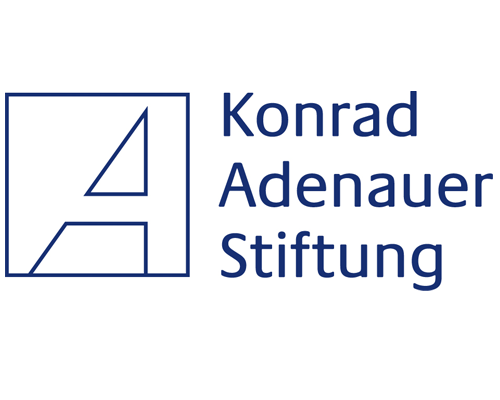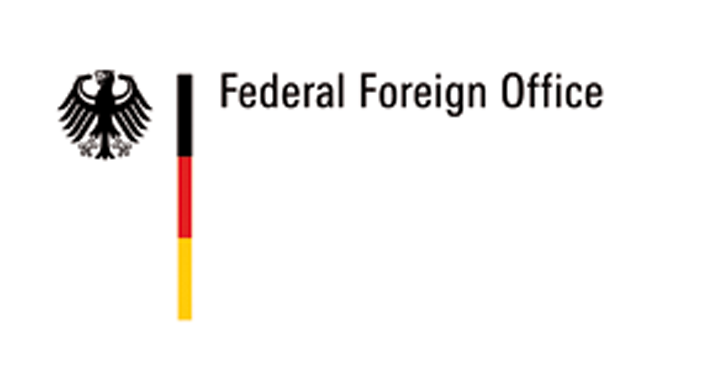Country Overview: Egypt

Activists' camps on Cairo's Tahrir Square in 2011, Photo: Philipp Spalek
Both the Arab World and the stakeholders of the international donor community closely watch transition in the most populous Arab country. Although Egypt seemed to be on a path back to the vanguard role model at the outset of the Arab spring, which resulted in the swift removal of long-time president Hosni Mubarak in February 2011, that euphoria has almost waned completely, especially among its youth activists.
What followed were multiple rounds of political and communal violence and a failure of democratic compromise between its politically established and newly empowered forces. Moreover, the Army's re-tightened grip over civil society and most lucrative branches of economy, yet shaky control of the security situation make Egypt rather a case of »too big to fail« than an area of meaningful and exemplary reform.
More than that, Egypt is a central area of contest for sub-regional hegemony and is struggling to find a way for economic recovery. The liberalization policies of the early 2000s had enabled a circle of confidants close to Mubarak to rise to business prominence while exposing Egypt's vulnerability to an open market system. The reliance on imported, subsidized basic goods like wheat meant that fluctuating prices on the world market created either shortage of supply or budget. This »noveau riche« – contestants with the Armed Forces for wealth and influence – may be out of business, but the structural deficits remain.
IFI-prescribed subsidy cuts did never really initiate a path to reform. The failed negotiations over a 4.8 billion loan from the IMF in 2012 may be regarded as a major turning point that pushed Egypt into financial dependency on the Gulf states – first Qatar, later Saudi Arabia and the UAE – and ultimately led to a return to state-driven growth under General-turned-President Abdulfattah El-Sisi.
Megaprojects like »New Cairo City« or the »New Suez Canal« and multibillion dollar deals for established western industrial partners were central to Egypt's presentation at the international investors conference in Sharm El-Sheikh in March 2015. Economic and political participation and increased transparency challenge the privileged position of Egypt`s Armed Forces who remain the biggest obstacle to inclusive growth.
Supported by






© CANDID Foundation gGmbH 2015



